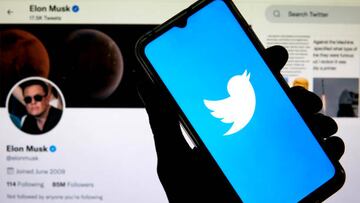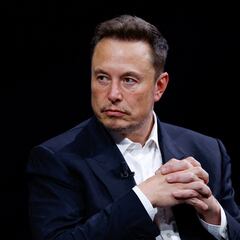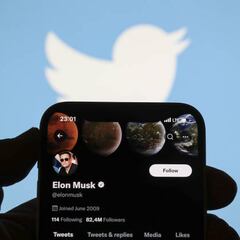What changes will Twitter have after the purchase by Elon Musk?
His initial statement reveals the direction the social media giant could take. We delve into what this could look like in the future.


The purchase of Twitter by billionaire Elon Musk will shift the trajectory of the apps development to his ideas. As it will no longer be publicly listed, his voice, and only his voice will command it in the coming years.
To have a look at what Musk wants to change, investigating his statement, which was published at the announcement of the completed deal, should reveal his plans.
What did Musk allude to in his statement?
In the initial press release on April 25, Musk highlighted a couple of areas of interest that can inform us on the path he wants to take the company.
I hope that even my worst critics remain on Twitter, because that is what free speech means
— Elon Musk (@elonmusk) April 25, 2022
“Free speech is the bedrock of a functioning democracy, and Twitter is the digital town square where matters vital to the future of humanity are debated,” said Elon Musk.
“I also want to make Twitter better than ever by enhancing the product with new features, making the algorithms open source to increase trust, defeating the spam bots, and authenticating all humans. Twitter has tremendous potential – I look forward to working with the company and the community of users to unlock it.”
Related: Elon Musk fears for life after Russian threat
So what can we expect based upon this statement?
Straight away we can see three key areas: emphasis on free speech, making the site more transparent, and an emphasis upon greater accountability for users.
Free speech is his primary target for a shake-up. Twitter has been accused by conservatives of censoring their views and opinions, so the hope from the right is bans on users who have broken the terms of service will be reinstated and the terms adjusted.
Elon Musk buying Twitter terrifies the left because they don’t want their power to censor conservatives threatened.
— Sen. Marsha Blackburn (@MarshaBlackburn) April 25, 2022
How this will be achieved is not yet known. Advertisers could be all too happy to pull their support if adverts are appearing next to hate speech on the platform. Musk has previously said hate speech would be banned, but as a self-proclaimed “free speech absolutist” the line of what is fair and what is hate is still up in the air.
The second is transparency. Musk says he wants to make it easier to see if a tweet has been de-emphasised, also known as shadow banned, or vice versa. This plays into the free speech aspect; he feels people should know if Twitter is purposely repressing their views. It is unknown what form the data will look like if it is released publicly.
“The algorithm is just the tip of the iceberg.…The rest of the iceberg is all of this data that Twitter has,” Robin Burke, a professor of information science at University of Colorado told the Washington Post recently. This will certainly be something he will task his new engineers to work through.
Related stories
The final point from this statement is authentication. Musk wants people who sign up to Twitter have a more rigorous process passed to prove identity instead of just an email or phone number. This would do more to combat spam bots, as well as give authorities greater ability to prosecute those deemed to have broken speech laws.
How can we ensure the people from at-risk regions who have to be under pseudonyms to enjoy the freedom to express the truth while authenticating they’re real humans without blowing their cover?
— Jane Manchun Wong (@wongmjane) April 21, 2022
However, there are yet further difficulties with this. Twitter being in control of such a vast database of data poses a data protection risk, especially if users are submitting information like passports and ID cards. Furthermore, it could potentially give governments the ability to find delicate information on those who may criticise them. In nations like Egypt with strict internet laws it could make it easier for government to target citizens who speak out against said government.

